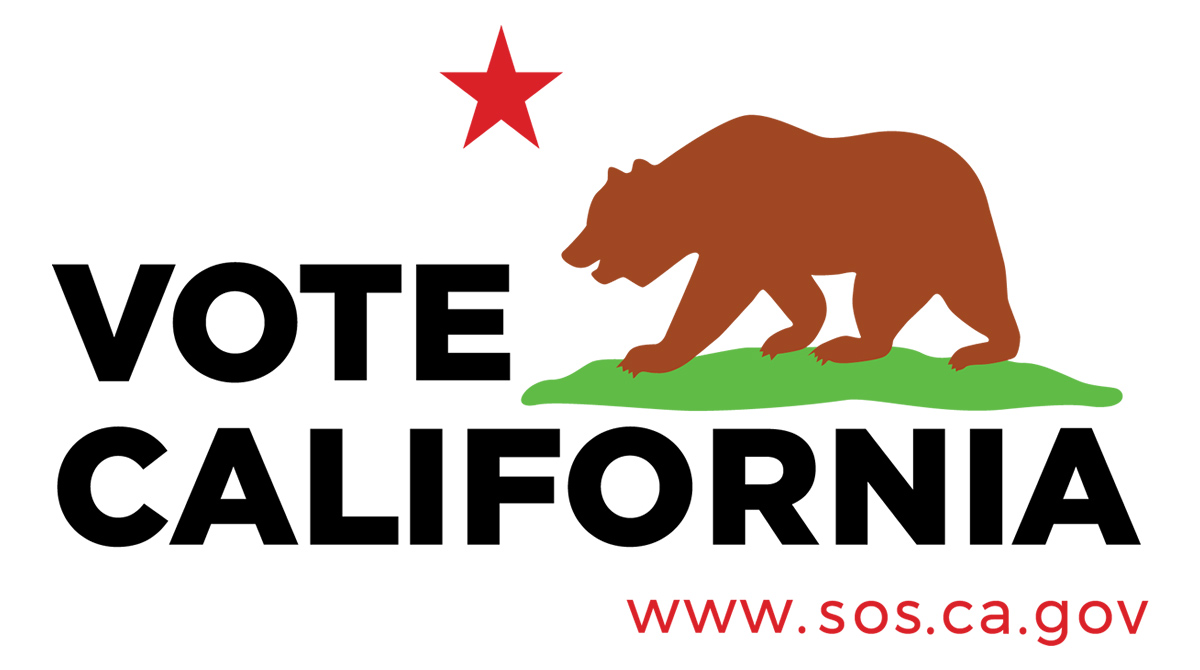In virtually every statewide election cycle over the last forty years, Olson Remcho attorneys have drafted or advised on some of the most important statewide initiatives to appear on the ballot. 2020 was no exception. In a remarkably active election year, Olson Remcho attorneys had a hand in 10 of the 12 statewide initiatives on the ballot in 2020.
“We launched Olson Remcho in 2020 as the combination of two of the most powerful and influential political and election law firms in California,” said founding partner Lance Olson. “Our involvement in all but two of this year’s initiatives demonstrates just how deep the firm’s experience goes.”
Olson and Managing Partner Karen Getman played a leading role in the drafting of Proposition 15 (Split Roll Measure) that would have amended California’s property tax structure. Partner James Harrison drafted and advised on two other high profile measures– Propositions 14 (Stem Cell Funding) and Proposition 24 (California Privacy Rights Act) – both of which were passed by California voters.
The firm also supported proponents of two of these three measures in court. Olson, Deborah Caplan, and Ben Gevercer of the Sacramento office successfully challenged several ballot pamphlet statements by opponents of Proposition 15 in one action in Sacramento Superior Court and defended Prop 15 proponents’ language in another. Harrison, Getman and Kristen Rogers of the Oakland office represented proponents of Proposition 14 in an action challenging statements made by opponents in ballot pamphlet arguments against the initiative and negotiated a favorable settlement of the matter that obtained a favorable settlement for proponents of Proposition 14.
The firm’s Compliance Reporting Unit, which ensures that all funds raised to support or oppose candidates or initiatives are reported in a timely way and used in compliance with local, state and federal laws, was also extremely active on 2020 ballot measures. Led by Director of Compliance and Operations Michelle Wixom, the firm’s compliance team provided full support for five California initiative campaigns, including Yes on 15, Yes on 16, No on 22, Yes on 24, and Yes on 25 – filing thousands of reports for clients in the process.
Harrison notes that the COVID-19 pandemic also impacted the initiative process itself. Because of COVID-19, the ability of initiative proponents to collect a sufficient number of signatures was drastically curtailed. This collection issue affected three of the firm’s clients. The proponents of Prop 24 were able to collect signatures and timely submit them, but because one county submitted its raw count after 5 p.m., the Secretary of State notified the counties that they had until June 26, one day after the deadline for certification to submit their signature verification. On behalf of the proponents, the firm sued the Secretary of State and obtained a ruling requiring the SOS to order the counties to submit by June 25 to ensure that the measure could qualify for the November ballot.
Two other clients – the proponents of a single use plastics measure and a sports wagering measure – were further behind, and because of COVID-19, were unable to collect a sufficient number of signatures within the 180 days allowed by the Elections Code. On behalf of the proponents of these measures, the firm sued the SOS and obtained rulings extending their time to gather signatures. Both clients have now turned in their signatures in an effort to qualify for the next statewide ballot.
